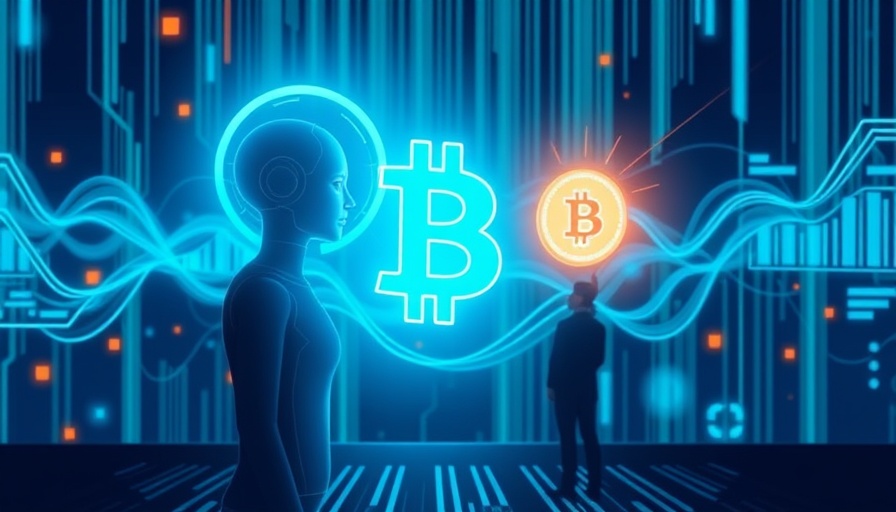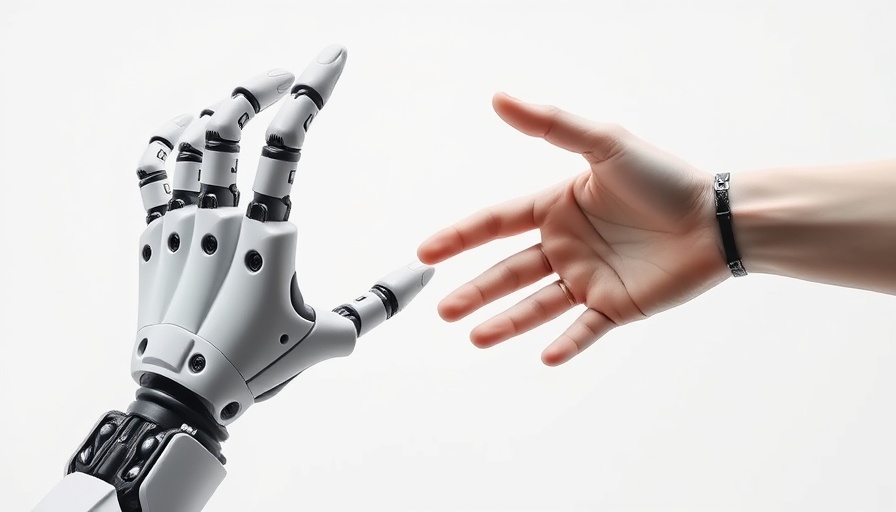
The Future of Work: Will UBI Follow AGI?
As artificial intelligence (AI) technology continues to advance, the conversation surrounding Universal Basic Income (UBI) grows more fervent. Many believe that the advent of Artificial General Intelligence (AGI) will fundamentally redefine the job market, leading to significant unemployment and subsequently, a need for UBI. This notion isn't just speculative; it draws from a deep-rooted history of technological advancements leading to shifts in labor.
Historical Context: Technology and Labor Shifts
The Industrial Revolution serves as a stark example of how technological advancements can disrupt labor markets. From steam engines to mechanized production lines, these innovations rendered many jobs obsolete, causing waves of unemployment. Yet, they also paved the way for new careers and economic growth. The same cycle seems imminent with AI, as the rise of smart machines promises efficiency but threatens many traditional jobs.
Diverse Perspectives: The Case For and Against UBI
The rationale behind UBI is simple: as automation takes hold, providing citizens with a financial safety net can prevent social unrest and deprivation. Proponents argue that UBI can spur creativity and entrepreneurial endeavors, allowing individuals to explore careers in more humane fields. However, critics caution against the potential economic burden and the risk of complacency among the populace. They advocate for a revamp of education and training programs geared towards equipping workers with skills suited for a tech-driven workforce.
AI's Transformative Impact on Society
As we stand on the brink of integrating AGI into our daily lives, the societal implications are profound. AI technologies are revolutionizing industries, with applications ranging from healthcare diagnostics to creative content generation. Understanding this landscape is crucial for young professionals and tech enthusiasts, not only to adapt to forthcoming changes but also to shape the future of work.
Future Predictions: Is UBI Inevitable?
While UBI might seem like a safety net for a future dominated by AGI, its actual implementation remains murky. As AI continues to evolve, many advocate for a proactive approach to labor market evolution, encouraging policy adjustments that better integrate technological advancements with human skills. The debate is far from resolved, but insights into possible economic models and pathways forward are urgently needed.
As society navigates this transition, staying informed about the implications of emerging AI technologies is vital. By understanding how AI might reshape our world, individuals can prepare for the future and advocate for responsible innovation. Engage with your community and policymakers to influence how technological disruptions are managed, ensuring that advancements serve to enhance human welfare rather than diminish it.
 Add Row
Add Row  Add
Add 




Write A Comment